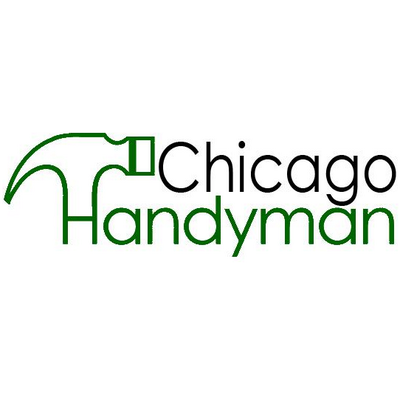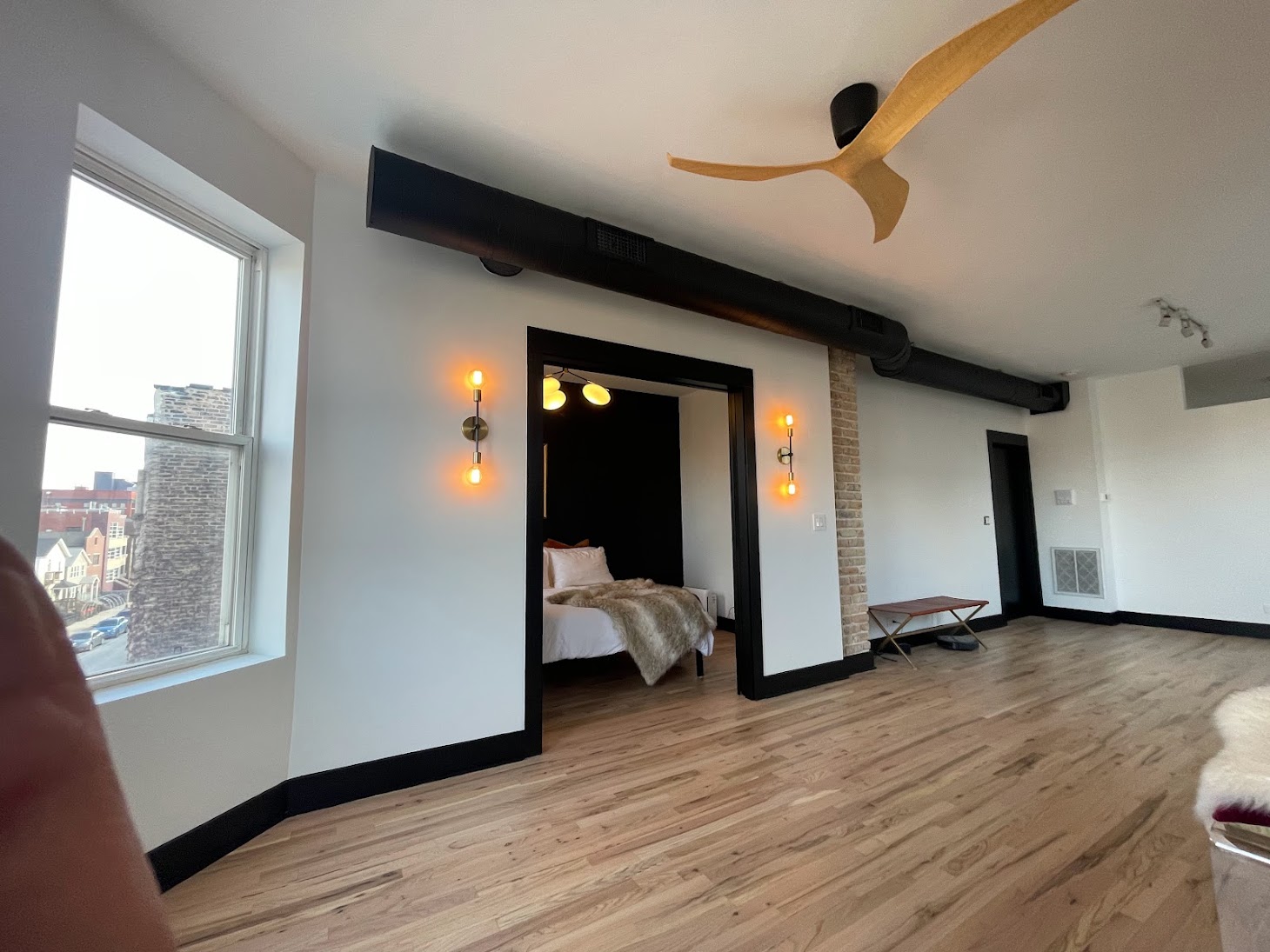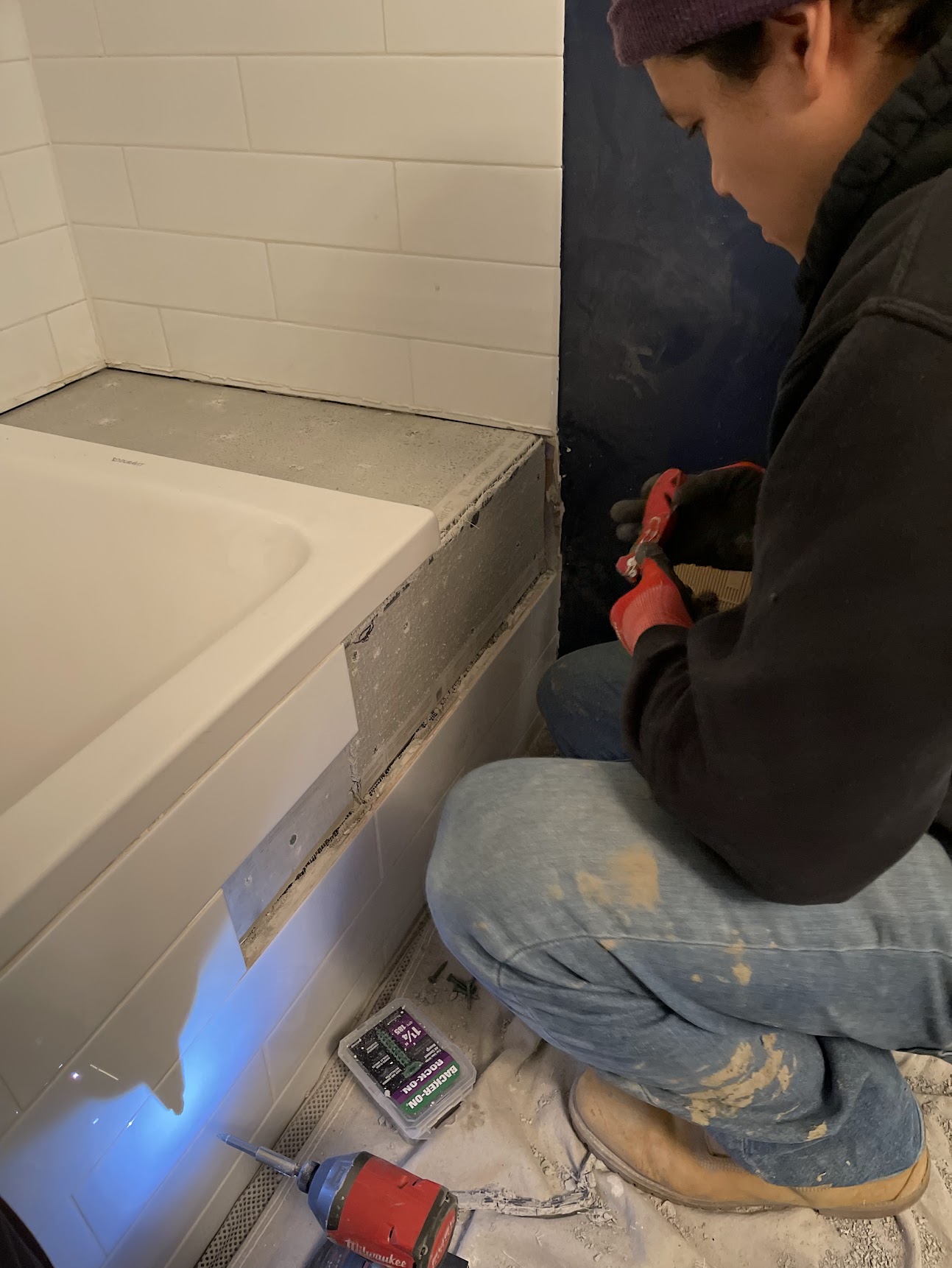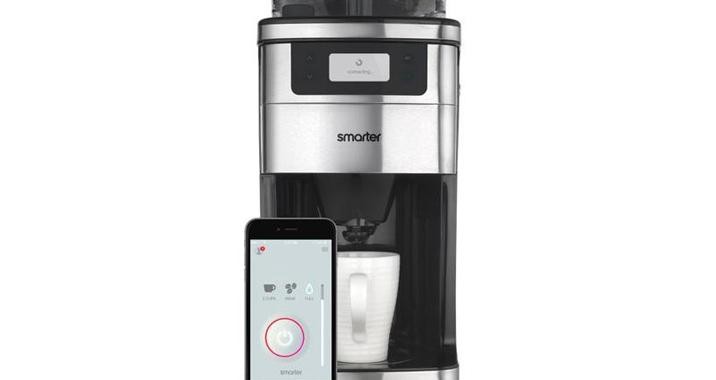A home energy audit can help you save money and make your house more comfortable. It looks at how your home uses energy and finds ways to make it better. Home energy assessments can cut your energy bills by 5% to 30% each year.

You can do a simple audit yourself or hire a pro for a more detailed look. A pro will use special tools to check things like air leaks, insulation, and heating systems. They’ll give you a report with tips to save energy.
Many places offer free or cheap audits. Some even give you money back for making the changes they suggest. It’s a smart way to start saving energy and cash.
Key Takeaways
- Energy audits find ways to cut home energy use and save money
- Professional auditors use special tools to check your whole house
- Many areas offer free audits and money for making energy-saving changes
Conducting a Home Energy Audit
A home energy audit helps you find ways to save energy and money. It looks at how your home uses energy and where it’s being wasted. Let’s explore the basics, types of audits, and key areas to check.
Understanding the Basics
A home energy audit is like a checkup for your house. It shows where energy is escaping and costing you money. The audit looks at things like insulation, air leaks, and how well your heating and cooling systems work.
An audit can help you:
- Find spots where heat or cool air is escaping
- See if you need more insulation
- Check if your appliances are using too much power
- Figure out which energy efficiency upgrades will save you the most
The goal is to make your home comfy and cut down on energy bills. It’s a smart first step to a more efficient home.
DIY vs. Professional Audits
Homeowners can choose between doing their own audit or hiring a pro. Each option has its pros and cons.
DIY energy assessments are free and can catch obvious issues. You can walk through your home, checking for drafts and looking at your energy bills. It’s a good start, but you might miss some problems.
Professional audits are more thorough. An expert uses special tools like:
- Blower door tests to find air leaks
- Infrared cameras to spot heat loss
- Meters to check how much power appliances use
They can give you a detailed report and suggest the best fixes. While it costs money, a pro audit can find hidden issues and save you more in the long run.
Inspection Focus Areas
When doing an energy audit, there are key areas to check. These spots often waste the most energy in homes.
Air leaks are a big problem. Look for gaps around:
- Windows and doors
- Where pipes enter walls
- Attic hatches
- Fireplace dampers
Insulation is crucial. Check the attic, walls, and floors. Poor insulation lets heat escape in winter and enter in summer.
HVAC systems need a look too. Old or poorly maintained systems waste energy. Check:
- Filters
- Ductwork for leaks
- Thermostat settings
Don’t forget about lighting and appliances. Old bulbs and appliances can use a lot of power. Look for Energy Star labels when it’s time to replace them.
Benefits and Incentives

Getting a home energy audit can save you money and make your home more comfortable. It also helps the environment by reducing energy use. Let’s look at some key perks of having an energy audit done.
Financial Benefits and Rebates
A home energy audit can help cut high energy bills. Many folks see big savings after making changes suggested by the audit. Some power companies offer rebates for audits and upgrades.
These rebates can make energy-saving changes more affordable. For example, you might get money back for adding insulation or upgrading your heating system. Some places even give free LED light bulbs or low-flow shower heads.
The exact savings depend on your home and location. But many people find the audit pays for itself pretty quickly through lower utility bills.
Tax Credits and Government Programs
The government wants to help people save energy too. They offer tax credits for making energy-efficient home improvements.
For 2025, you can get up to $150 back on your taxes for a home energy audit. There’s also money available for other upgrades:
- Up to $600 for new windows
- Up to $500 for new doors
- Up to $1,200 total for energy property costs and home improvements
Some folks might even qualify for up to $2,000 for heat pumps or biomass stoves. These credits are part of Section 25C of the tax code.
Enhancing Home Performance
An energy audit doesn’t just save money. It makes homes more comfy too. The audit finds spots where heat or cool air escapes. Fixing these issues can get rid of drafts and cold spots.
Better insulation and sealing can also cut down on outside noise. This makes homes quieter and more peaceful. Upgraded heating and cooling systems work better and more evenly.
Energy-efficient upgrades often boost home value too. Buyers like homes that are cheap to run and good for the planet. So these changes can pay off if you ever decide to sell.
Frequently Asked Questions
Home energy audits can save you money and make your home more comfortable. They check how your house uses energy and find ways to improve it. Let’s look at some common questions about these audits.
How much can I expect to pay for a professional home energy audit?
Professional home energy audits usually cost between $200 and $700. The price depends on the size of your home and how detailed the audit is. Some utility companies offer discounts or free audits to their customers.
What should I expect to be included when I get a home energy audit?
A good audit checks your whole house. The auditor will look at your heating and cooling systems, windows, insulation, and appliances. They often use special tools like infrared cameras to find air leaks and heat loss spots.
Can I perform an energy audit of my house by myself, and if so, how?
Yes, you can do a basic energy audit yourself. Start by checking for drafts around windows and doors. Look at your insulation in the attic and walls. Check your light bulbs and appliances to see if they’re energy-efficient.
Make a list of problem areas you find. This can help you decide what to fix first or show a pro auditor later.
What’s the real benefit of getting a home energy audit done?
An energy audit can help you save money on your bills. It shows where your home wastes energy so you can fix those problems. This can make your home more comfortable and increase its value.
Many homeowners see 15-30% savings on their energy bills after making changes suggested by an audit.
Where can I find a reliable energy auditor in my area?
To find a good auditor, check with your local utility company. They often have lists of certified professionals. You can also look for auditors certified by the Building Performance Institute or RESNET.
Ask friends or neighbors if they’ve had an audit done. Their recommendations can be helpful.
Are there options for free or subsidized home energy assessments?
Yes, there are free and low-cost options. Many utility companies offer free basic audits to their customers. Some states have programs that provide free or discounted audits to low-income households.
Check with your local energy office or utility company to see what’s available in your area. Community organizations sometimes offer free energy check-ups too.









